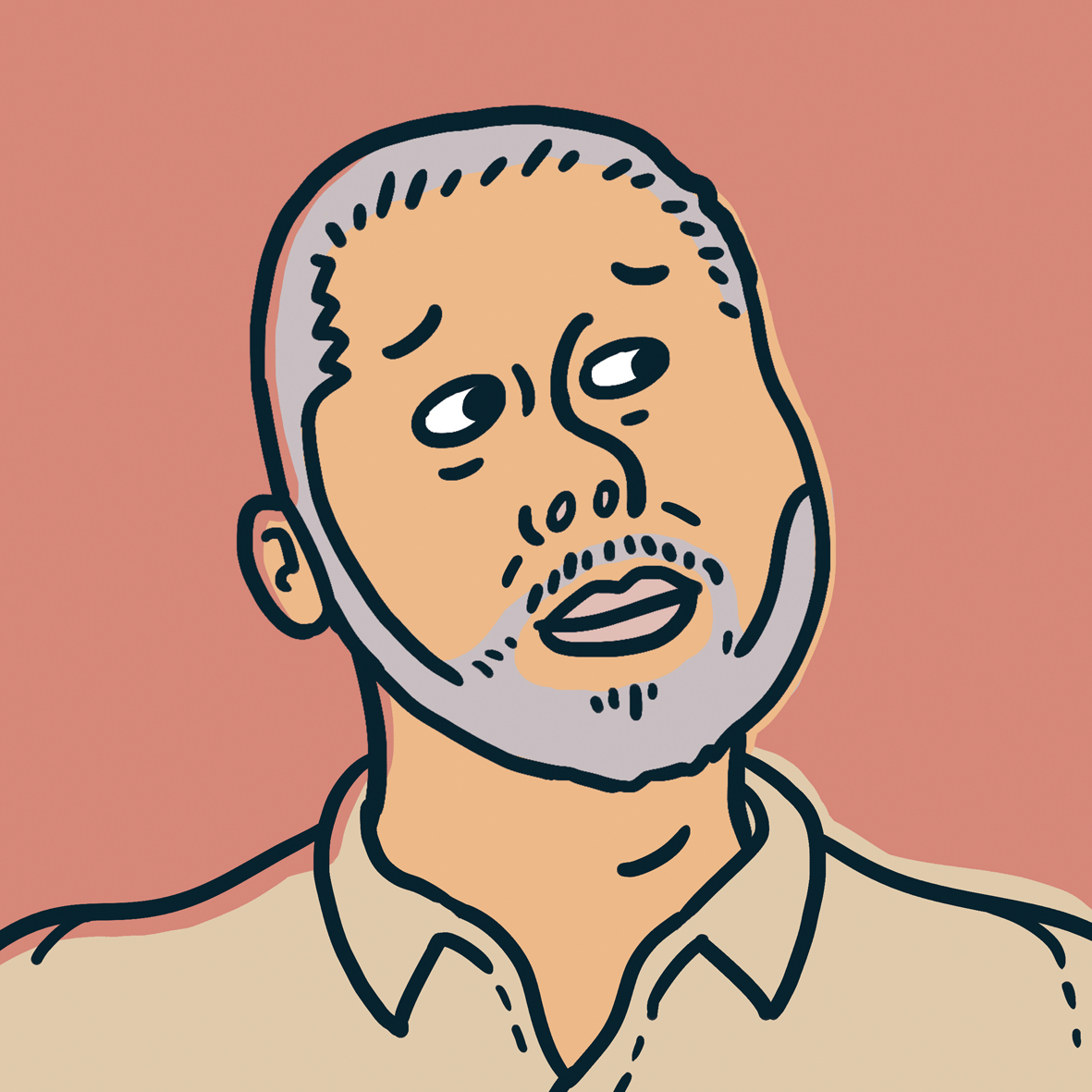It was January 10. I turned off the Obama Farewell speech at its conclusion in my hometown, feeling dejected and uninspired. As an Obama supporter, I expected insights and inspiration to deal with the next four—and hopefully not eight—years. But the Obama farewell speech came off not as the call to action he promised but a history lecture without a reasonable, unifying message from a person with privileged opportunities.
Obama’s speeches—since his first big one in 2004 at the Democratic National Convention—have consistently been solid, with stories and sentence structures that appeal to our emotions of hope and grit and unabashed optimism. This time, even his use of parallelism was weak.
The long summary of American history in Obama’s speech sounded like that boring lecture we have to sit through in a classroom. Unlike his past speeches, the old idealized mention of Atticus Finch and George Washington made Obama sound worn out. And let’s face it—he probably is. But this was his last speech as president. We expected much more.
If he had the gusto to humorously celebrate his presidency by dropping the mic at a White House Correspondents Dinner or ridiculing Trump’s personal attacks of him on a late-night show, his message should have been more inspiring.
The speech began Obama-esque. He mentioned his “conversations with [us], the American people—in living rooms and schools; at farms and on factory floors; at diners and on distant outposts.” He said these “are what have kept [him] honest, kept [him] inspired, and kept [him] going.”
But, ironically, his lengthy references to our history of over two centuries took away the impact of his accomplishments: reversing the recession, rebooting the auto industry, unleashing the longest stretch of job creation.
He mentioned opening up a new chapter with Cuban people, and followed with shutting down Iran’s nuclear weapons and taking down Bin Laden.
But all of this—like the 240 years of history—seems so distant, so detached from the immediate uncertain reality we’re facing with a Trump presidency.
In Obama’s litany of success, under these circumstances, securing health insurance (which many fear will be taken away) and gaining marriage equality seemed anti-climactic.
He mentioned how the “economy is growing again; wages, incomes, home values, and retirement accounts are rising again; poverty is falling again.”
And so many Chicagoans probably thought about the gun violence that is also rising. But Obama didn’t mention this immediate concern of so many in the audience at all.
His first call to action seemed to be “[creating] opportunity for all people.” But he never explained how. In uncertain times with undocumented youth fearing deportation because the government—through Obama’s Executive Order—has their personal information, we’re left unsettled, not moved.
He did challenge us when he said, “It’s become safer to retreat into our own bubbles.” But his mention of race as a social factor, climate change as a reality and believing in the American way of innovation seemed more a directive for Trump than a call to action for us.
But the most jolting part came about two-thirds into his speech where he spoke directly to us and said, “If you’re tired of arguing with strangers on the Internet, try to talk with one in real life.”
Yeah, I’m not going to do that. I’ll exchange opposing views with people I know and respect. But I’m not going up to strangers to talk politics, and I do not want strangers coming up to me.
Obama said, “If something needs fixing, lace up your shoes and do some organizing.”
Yeah, that’s what I try to do every day as a teacher. I organize students to learn, to think for themselves, to write. Give me something new, Obama, because I’ve been doing this for over twenty years and I’m not going anywhere.
He said, “If you’re disappointed by your elected officials, grab a clipboard, get some signatures, and run for office yourself. Show up. Dive in.”
No, I’m not running for office. It’s not what moves me to work or to be. Let’s be realistic: not just anyone can run for office, especially in Chicago.
Obama’s challenges came off as brusque pokes on a shoulder. They skeptically questioned our involvement without knowing what we’ve done.
I am sad to see Obama leave office. But on that night, I didn’t feel inspired by our president’s message.
I’ll continue to do what I’ve done to make my community, and, by consequence, hopefully, our country better.
I hoped President Obama would give me a new reason to do what I do and not lose faith in our American way. He didn’t.
The speech came off as individualistic. In this way, the Obama farewell followed American tradition.
His message was more political than inspirational. These days, I’ve had enough with politics.
So I’ll wake up for work tomorrow and continue what I’ve learned to do to find meaning with my American life: look for change in small ways by positively contributing to the lives of people affected by my work and actions.
Two days away from a Trump presidency, that’s all I can do to keep up my hope in America.
Did you like this article? Support local journalism by donating to South Side Weekly today.

